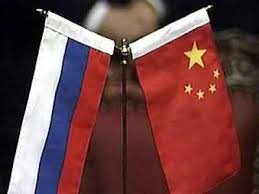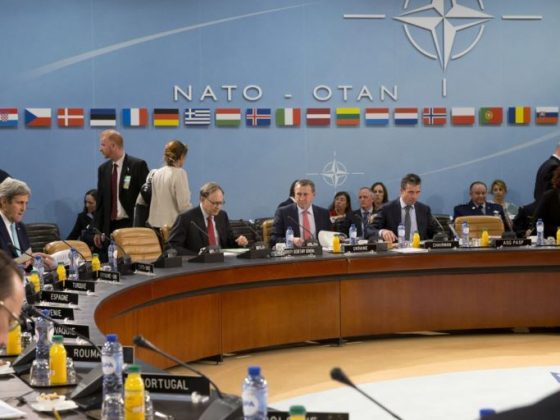(National Interest) (Co-author: Ely Ratner) At a March 24 press briefing, Deputy National Security Advisor for Strategic Communications Ben Rhodes described the U.S. government’s diplomatic strategy in responding to Moscow’s annexation of Crimea as “standing up and mobilizing the international community to isolate Russia.” Throughout this effort, China has received special U.S. attention due to prevailing concerns in Washington about the potential for a “new anti-American axis” between Moscow and Beijing. The U.S. ambassador to the United Nations described China’s decision not to side with Moscow in vetoing a UN Security Council resolution condemning Russia as “very important.”
No surprise, then, that President Obama called Chinese President Xi in the early days of the crisis and discussed the issue with him again two weeks later on the sidelines of the Nuclear Security Summit in the Hague. Underscoring the apparent success of this engagement, the White House stressed repeatedly that the United States and China were on “the same page” and “agreed on the importance of upholding principles of sovereignty and territorial integrity.”
This effort, however, is misguided. For starters, U.S. actions to court China and prevent a Sino-Russian alliance on Ukraine are unnecessary. As bad as such an alliance might be for the United States, it isn’t going to happen—on Ukraine or more broadly. […]
See the full article © The National Interest











